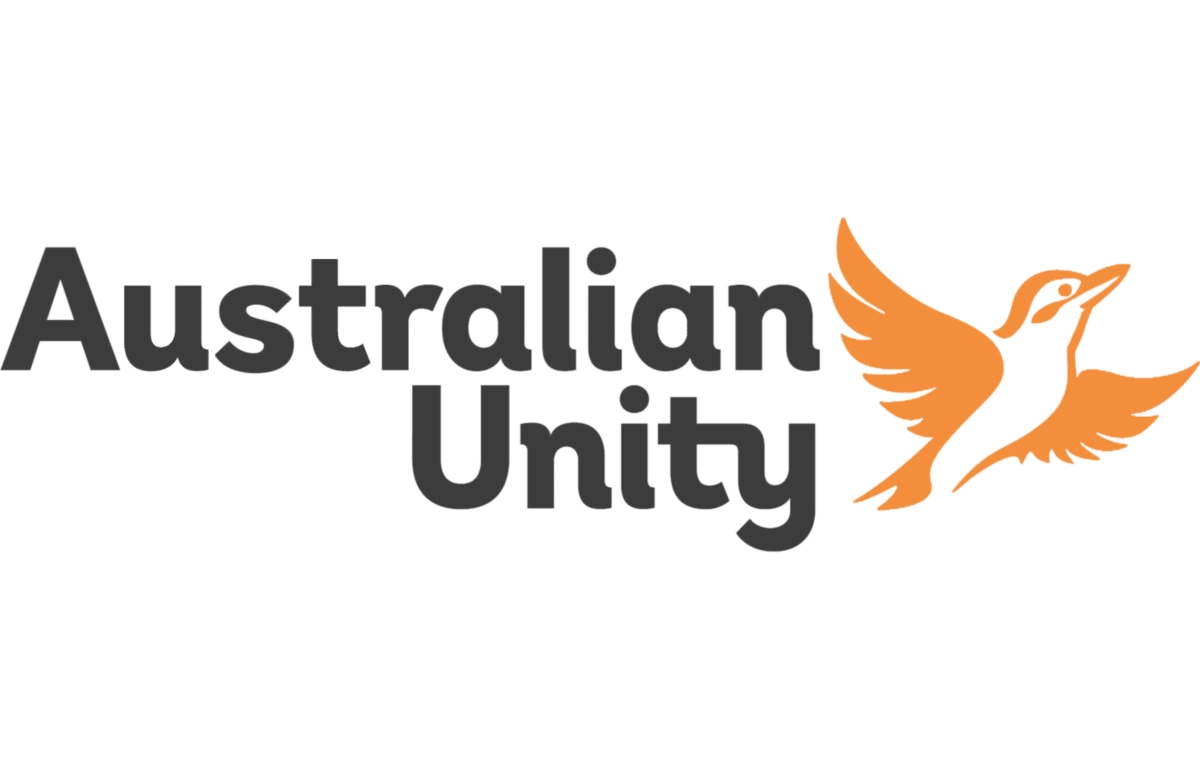If you’ve applied for a new visa or permanent residency but your current visa has expired or is about to, you may be granted a temporary bridging visa to stay in Australia while your application is processed.
In some cases, condition 8501 may apply, meaning you’ll need to maintain adequate health insurance to cover your health needs during this time.
Bridging visa holder health insurance requirements
There are several different bridging visas, and which one you’re granted depends on your circumstances.
While the visa types differ, health insurance requirements are determined by the conditions attached to your visa – not the bridging visa itself. If condition 8501 is included in your visa grant, you’ll need to maintain adequate health insurance.
There’s no health insurance policy designed specifically for bridging visas, so where cover is required, this is typically met with Overseas Visitors Health Cover (OVHC).
At a minimum, this will cover:
- Hospital treatments
- Emergency ambulance
- Specialists
- Prescribed medicines
- Medical tests
However, many policies will offer additional coverage – and you may also be able to add extras to your plan such as physiotherapy and optical and dental care, depending on the cover you need.
Bridging visa types
- Bridging visa A (010): for people who apply for a new visa before their current visa expires.
- Bridging visa B (020): allows temporary travel outside Australia while your visa application is being processed.
- Bridging visa C (030): for people who apply for a new visa after their previous visa has expired.
- Bridging visa D (040 and 041): lets you stay lawfully for a short time (usually up to five days) to apply for another visa, prepare to leave Australia or apply for a BVE.
- Bridging visa E (050 and 051): lets you stay lawfully while you sort out your visa status or prepare to leave Australia.
Common health insurance scenarios for bridging visa holders
- Moving from temporary to permanent residency
After you apply for permanent residency, you are eligible to enrol in Medicare and access Australia’s public health system. However, you may need to maintain OVHC to meet your current visa conditions until permanent residency is granted. - Switching from a student to a graduate or working visa
Your Overseas Student Health Cover (OSHC) only covers you while on a student visa. If you move to a bridging visa while waiting for your work visa to come through (e.g. a 485 Temporary Graduate visa), you must take out OVHC to maintain continuous health insurance. - Renewing a temporary visa
When renewing a temporary visa type, you can continue with your existing OVHC policy to ensure uninterrupted coverage during your stay.
How much is bridging visa health insurance?
If you need health insurance while on a bridging visa, you’ll generally be looking at the same types of plans available to other temporary visa holders.
Here’s an example of what someone on a working visa like a 482 (Skills in Demand) visa might expect to pay for an OVHC policy:
| Cover level | Typical monthly cost |
|---|---|
| Basic | $65 – $157 |
| Medium | $100 – $360 |
| Top | $234 – $488 |
| Source: Compare Club, January 2026 Prices shown are for a single 30-year-old applicant. Price ranges shown include policies with excesses ranging from $0 to $500. Some policies in these ranges include extras cover, which can increase the premium. |
|
However, premiums will vary depending on a number of factors, such as the level of cover, any extras on the plan, the excess you’ve chosen and the provider – as well as whether you’re taking out a policy for singles, couples or a family unit.
How do I get health insurance on a bridging visa?
If you move onto a bridging visa, you’ll likely already have some form of health insurance – usually OVHC or OSHC. In many cases, you can simply renew your existing OVHC policy to maintain coverage.
If you need to change or renew your health insurance after switching to a bridging visa, Savvy can help make the process easy and straightforward:
-
Apply through Savvy
Tell us who needs cover, your visa type and the level of cover you’re looking for.
-
Connect with an advisor
A health insurance expert will contact you to discuss your options as a temporary visa holder.
-
Take out your policy
Choose your OVHC plan and you’ll be covered for the bridging visa period – and beyond if you need it.





